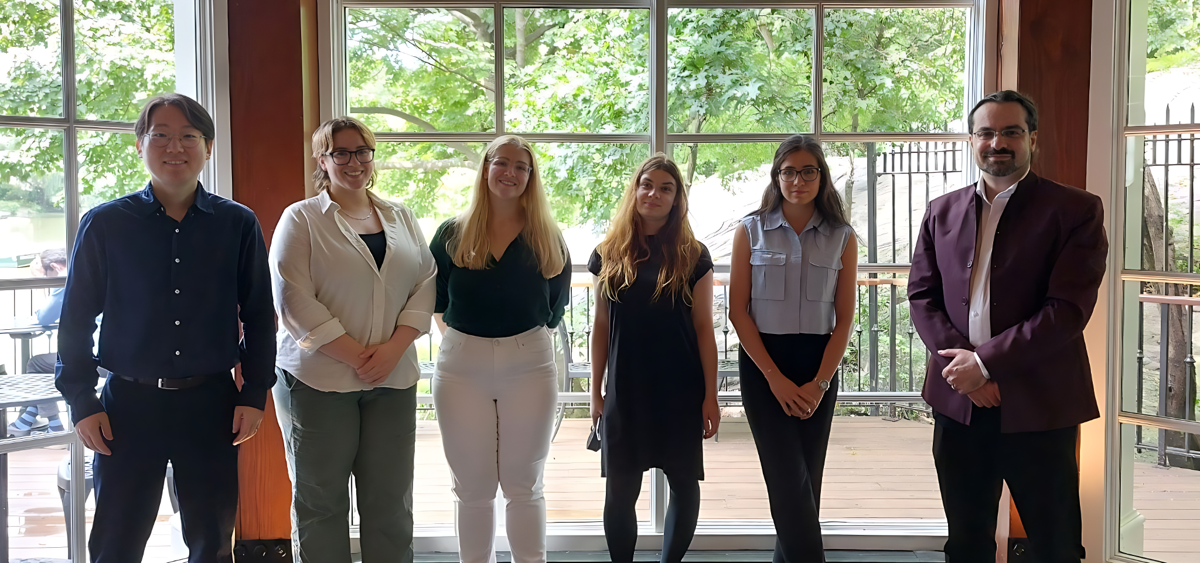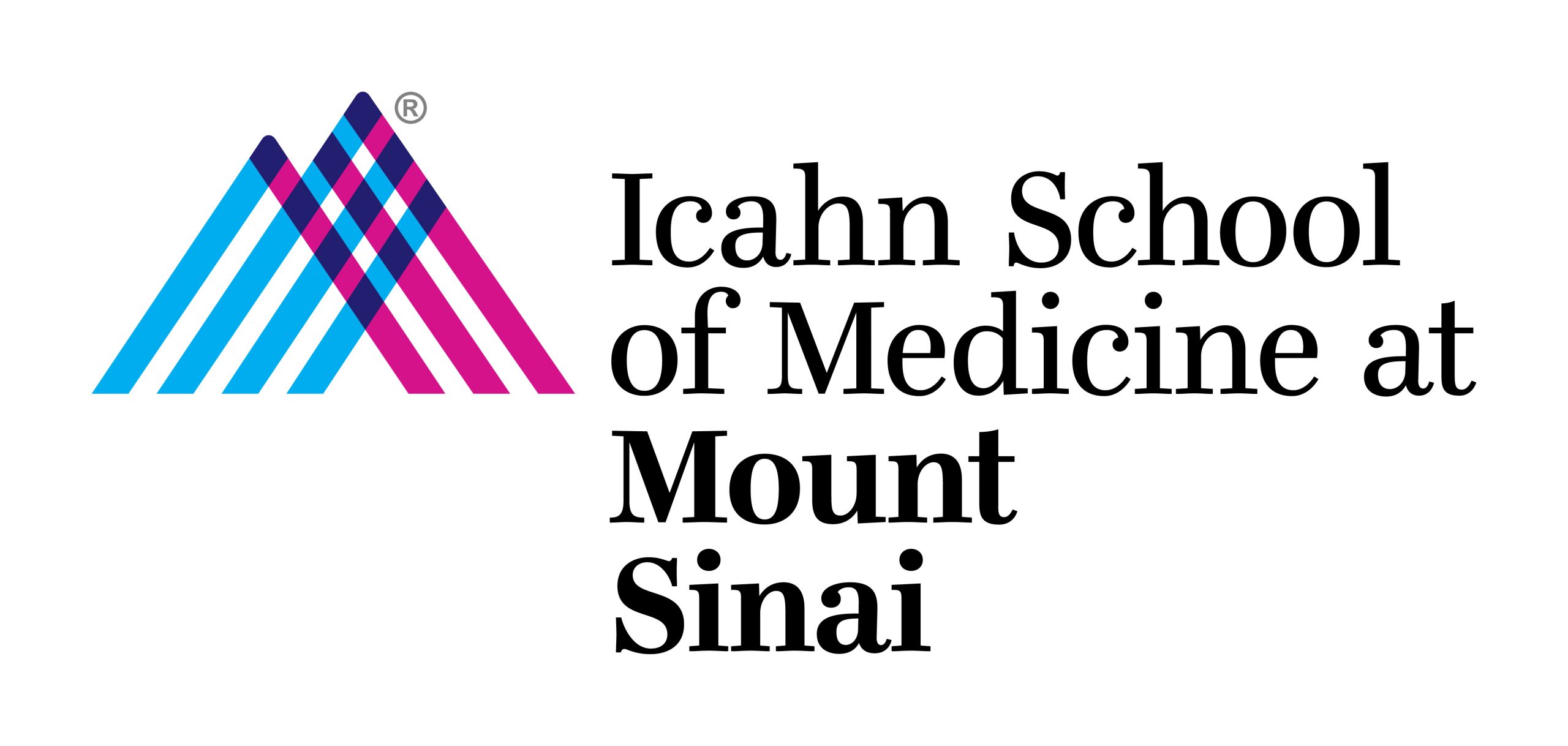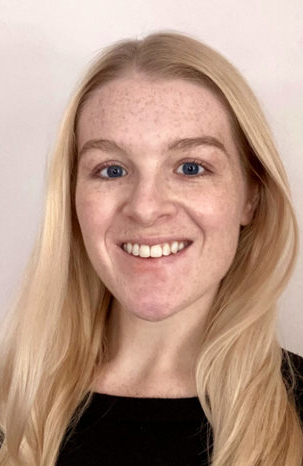Our Research
Mental disorders are multifactorial, emerging from complex interactions between biological and environmental factors. To fully understand these conditions, it is essential to study both the specific components of each disorder and how individuals interact with their parents, caregivers, and the broader environmental contexts in which they live. Advances in statistical and computational methods, coupled with the availability of large-scale longitudinal data, are providing the tools necessary to investigate these intricate interactions. These developments are shifting the field away from a monocausal exposure to disease framework, which attributes a disorder to a single cause, toward a paradigm that embraces their inherently multicausal nature.
Our lab directly contributes to this evolving understanding by investigating how neuropsychiatric disorders emerge and unfold across critical developmental periods. We focus on severe postpartum psychiatric disorders alongside childhood conditions including autism spectrum disorder and ADHD.
By examining genetic architecture, interactions between genes and the environment, and developmental trajectories, our work reveals how maternal psychiatric states influence child neurodevelopment, how genetic risk manifests across different developmental stages, and how treatment responses shape long-term outcomes.
At the core of our work lies an unwavering commitment to excellence, innovation, and collaboration. These core values shape every aspect of our research, from design to execution. Excellence means adhering to the highest standards of scientific rigor, ensuring that our findings are robust, reliable, and contribute meaningfully to the understanding and treatment of mental health disorders. Innovation drives our approach, inspiring us to adopt cutting-edge methodologies and challenge established paradigms. Collaboration fosters an inclusive and interdisciplinary culture where diverse expertise and viewpoints come together to drive transformative discoveries.
We provide comprehensive supervision and didactic training for our team, offering unique opportunities to engage in groundbreaking research and contribute to understanding the complex origins of neuropsychiatric disorders. Aligned with our commitment to excellence, we actively recognize and cultivate the strengths of each team member, fostering a supportive environment where everyone feels empowered to make meaningful contributions.
Our lab is organized into three specialized working groups, each contributing unique expertise to our mission of advancing the understanding of neuropsychiatric disorders. The Biostatistics Working Group addresses phenotypic and registry data, emphasizing causal inference, time to event modeling, and analysis of electronic health records. The Genomic Data Analysis Working Group explores genetic variation and structural genomics using rigorous statistical frameworks and machine learning algorithms. Lastly, the Artificial Intelligence for Mental Health Working Group integrates genetic, transcriptomic, and epidemiological data to build predictive models for psychiatric and medical comorbidities in neuropsychiatric disorders.
The Mahjani Lab is part of the Seaver Autism Center for Research and Treatment at the Icahn School of Medicine at Mount Sinai. The Seaver Autism Center is a fully integrated, translational research center that leads progressive studies and provides personalized care to individuals with autism and related rare disorders. As a team, we are dedicated to discovering the biological causes of autism and developing breakthrough treatments.
Learn more about the Seaver Autism Center’s translational research.

Dr. Mahjani is also affiliated with the Women’s Mental Health Center and the Mindich Child Health and Development Institute at the Icahn School of Medicine at Mount Sinai.
Research Areas
Autism Spectrum Disorder
Our autism research focuses on identifying and characterizing genetic and environmental mechanisms that contribute to risk and heterogeneity. We employ multiple approaches to understand how autism develops:
Moderate Effect Size Genes: Genetic studies have identified ultra-rare variants with large effect sizes and near-complete penetrance that contribute to autism risk, though these explain <10% of cases. Common genetic variants collectively account for ~50% of autism liability but have minimal individual impact. Between these extremes, moderate-effect size (MES) genes remain largely uncharted. These variants cannot cause autism alone but contribute to risk when combined with other MES genes or accompanied by high common variant burden. To address this gap, we developed a statistical framework that detects MES genes through their combinatorial effects.
Regulatory Variation: We investigate rare non-coding variation with particular emphasis on antisense long non-coding RNAs (lncRNAs). These regulatory elements may disrupt neurodevelopmental gene expression patterns without altering protein sequences, representing an understudied mechanism in autism genetics.
Gene-Environment Interactions and Maternal Effects: We examine how genetic vulnerabilities interact with environmental exposures during critical developmental windows. This includes investigating environmental and biological factors during pregnancy and early development that may trigger autism in genetically susceptible individuals. We particularly focus on maternal effects, characterizing how maternal factors influence autism risk through both direct genetic transmission and indirect pathways. Our work on maternal immune activation explores how maternal inflammatory responses shape fetal neurodevelopment and contribute to autism risk in offspring.
Attention-Deficit/Hyperactivity Disorder
Our ADHD research combines genetic discovery with the study of comorbidity and treatment outcomes to understand this complex neurodevelopmental disorder:
Genetic Architecture: We analyze ultra-rare and rare coding variants using large-scale sequencing studies. By examining variants that occur in only a few individuals worldwide, we can identify genes critical for attention and executive function that may point to new biological pathways and therapeutic targets.
Regulatory Variation: Similar to our autism work, we investigate rare non-coding regulatory variation, including antisense long non-coding RNAs (lncRNAs). These regulatory elements may influence ADHD risk by altering the expression of neurodevelopmental genes during critical periods of brain development.
Psychiatric-Somatic Comorbidity: We explore the overlap between ADHD and somatic conditions, particularly lower urinary tract symptoms (LUTS). This unexpected comorbidity reveals shared neuroendocrine mechanisms involving the HPA axis and autonomic nervous system, suggesting that ADHD affects broader physiological regulation beyond attention and behavior.
Pharmacogenetic Interactions and Treatment Outcomes: We investigate how genetic profiles influence both treatment efficacy and adverse outcomes in ADHD. This includes characterizing risk and protective factors for serious psychiatric complications in stimulant-treated youth with ADHD. Understanding these pharmacogenetic interactions is critical for personalizing treatment and preventing adverse psychiatric outcomes.
Severe Postpartum Psychiatric Disorders
Our research on severe postpartum psychiatric disorders focuses on defining the genetic and physiological architecture of these conditions, which represent critical windows for understanding psychiatric vulnerability:
Genetic Architecture and Triggers: We investigate the genetic basis of postpartum psychosis through rare variant analyses and large-scale genomic cohorts. Postpartum psychosis affects 0.1-0.2% of mothers but carries profound risks including suicide and infanticide. While it shares features with bipolar disorder, the distinct timing and severity suggest unique biological mechanisms. We aim to identify genetic variants that specifically confer risk for postpartum onset and examine pregnancy- and postpartum-specific factors that trigger these severe psychiatric episodes.
Intergenerational Impact: We study how perinatal psychiatric disorders affect child neurodevelopmental outcomes and the intergenerational transmission of risk. By following children of mothers with severe postpartum disorders, we examine increased risk for ADHD, autism, and other neurodevelopmental conditions. This work helps distinguish between genetic transmission and the environmental impact of maternal psychiatric illness on child development.
Methodological Work
Dr. Mahjani is also active in theoretical and methodological research, co-authoring the textbook Computer-Intensive Methods in Statistics (Chapman & Hall/CRC, 2019). The book provides an overview of statistical methods developed in recent years with the rise of computational power, including random number generation, Monte Carlo and Markov Chain Monte Carlo (MCMC) methods, Bootstrap, EM algorithms, SIMEX, variable selection, density and kernel estimators, orthogonal and local polynomial estimators, wavelet methods, splines, and model assessment.
Reference: Zwanzig, S., Mahjani, B. (2019). Computer-Intensive Methods in Statistics. Chapman & Hall/CRC. ISBN: 978-0-367-19423-9.

Behrang Mahjani, PhD, Principal Investigator
Email: behrang.mahjani@mssm.com
Behrang is an Assistant Professor in the Departments of Psychiatry, Genetics and Genomic Sciences, and Artificial Intelligence and Human Health at ISMMS. He also holds a Research Specialist position for clinical and epidemiological research at the Department of Molecular Medicine and Surgery at Karolinska Institutet, with an affiliation to the Department of Medical Epidemiology and Biostatistics.
Since 2003, Behrang has taught courses ranging from advanced programming to big data and machine learning, including serving as invited lecturer for the national course on Statistical Decision Theory. He holds certificates in academic teaching and supervising degree projects, has mentored students in statistical and computational methods, and co-authored the textbook Computer-Intensive Methods in Statistics (Chapman & Hall/CRC, 2019).
Education:
- PhD, Statistical and Scientific Computing, 2016, Uppsala University, Sweden. Thesis: Methods from statistical computing for genetic analysis of complex traits.
- MSc, Engineering Mathematics and Computational Science (specialization in Mathematical Statistics), 2011, Chalmers University of Technology, Sweden. Thesis: Exploring connectivity of random subgraphs of a graph.
- MSc, Complex Adaptive Systems (specialization in Population Genetics), 2009, Chalmers University of Technology, Sweden. Thesis: Sequential Markov Coalescent algorithm for populations with demographic structure.
- BSc, Applied Mathematics, 2004, K.N.T. University of Technology.
Certificates:
- Professional Certificate in Biostatistics and Epidemiology, 2021
- Certificate in Academic Teacher Training, 2010
- Certificate in Supervising Students For Degree Projects, 2010
Teaching:
- Advanced Statistical Inference (Postgraduate Course)
- Big Data and Machine Learning (Postgraduate Course)
- Statistical Decision Theory and Bayesian Methods (Postgraduate Course)
- Advanced Statistical Computing (Postgraduate Course)
- Advanced R Programming (Graduate Course)
- Computer-Intensive Statistics and Data Mining (Graduate Course)
- Scientific Computing II (Undergraduate Course)
- Design and Analysis of Algorithms (Undergraduate Course)
- Data Structures and Algorithms (Undergraduate Course)
- Advanced Object-Oriented Programming with C++ (Undergraduate Course)
- Foundations of Programming (Undergraduate Course)
Seulgi Jung, PhD, Senior Postdoctoral Fellow
Email: seulgi.jung@mssm.edu
Seulgi is a postdoctoral fellow at Dr. Mahjani lab. He received his PhD in Biomedical Science from the University of Ulsan College of Medicine, Seoul, Korea. Currently, Dr. Jung seeks to understand how rare genetic variation influences the risk of developing neuropsychiatric disorders using whole exome sequencing (WES) data.
Madison Caballero, PhD, Bioinformatician III, Bioinformatics Manager
Email: madison.caballero@mssm.edu
Madison is a bioinformatician at Dr. Mahjani lab. She received her PhD in Genetics from the Department of Molecular Biology and Genetics, Cornell University. Her dissertation title was: “The Interplay Between DNA Replication Timing and Mutations”. Currently, Dr. Caballero seeks to understand how ultra-rare mutations influence the risk of autism.
Email: shelby.smout@mssm.edu
Shelby Smout is a postdoctoral fellow at Dr. Mahjani and Dr. Bergink labs. They received their PhD in Health Psychology from Virginia Commonwealth University in 2022 where they conducted research assessing the role of discrimination on depression, anxiety, and healthcare avoidance among gender diverse populations. In March 2023, they received a grant from the American Society of Transplantation to conduct a qualitative study on barriers and contributors to transplantation among transgender patients with end-stage kidney or liver disease. In the Mahjani and Bergink labs, Dr. Smout studies women’s mental health throughout the reproductive cycle and its impact on the neurodevelopment of their children.
Rachel Bercovitch, MS, Bioinformatician II
Email: Rachel.Bercovitch@mssm.edu
Rachel Bercovith is a Bioinformatician II at Dr. Mahjani labs. She received her MS in Medical Science, with a focus in Bioinformatics, from University of Toronto.
Email: christina.mahjani@mssm.edu
Christina is a research nurse at Dr. Mahjani lab. She received a Degree of Postgraduate Diploma in specialist nursing – mental health care and a Master of Medical Science in mental health care from Uppsala, Sweden. Christina has also done courses in the Master Programme in Public Health Science at Mid Sweden University. She has extensive experience in clinical epidemiology and register-based research in psychiatry.
Aishwaryaa is currently a research intern at Dr. Mahjani’s lab. Aishwaryaa is an undergraduate student at Princeton University, pursuing a B.S.E. in Computer Science. In the lab, Aishwaryaa is working on a project that explores sensory processing differences in individuals with autism who have SHANK3 deletions, compared to those with idiopathic autism.
Alumni
- Lily Cohen, BSc, Research Associate
- Audrey Paulin, BSc, Seavers Undergraduate Research Scholar
- Marina Natividad Avila, MSc, Bioinformatician
- Sahar Jaffer, Summer Volunteer
- Adrianna Kępińska, PhD, Postdoctoral Fellow
Funding and Awards
Fundings:
- 2026-2029, The Role of Stimulant Medication for Psychotic and Bipolar Disorders in Youth with ADHD, Swedish Research Council, Site PI
- 2026-2028, Mechanisms of the relationship between lower urinary tract symptoms and psychiatric
comorbidities, Swedish Research Council, Site PI - 2025-2030, Moderate effect size genes in autism spectrum disorder, NIMH, R01, PI
- 2022-2024, Risk architecture of postpartum psychosis, NIMH, R21, PI
- 2021-2025, Association between lower urinary tract symptoms and psychiatric comorbidities in children and adolescents, Swedish Research Council, Site PI
- 2020-2021, Direct and maternal pleiotropic effects in autism spectrum disorder and comorbid psychiatric conditions, Seaver Autism Center for Research and Treatment Fellowship, PI
- 2020-2022, Prenatal maternal depression and anxiety, and risk of neurodevelopmental disorders in children, Brain & Behavior Research Foundation Young Investigator Grants, PI
- 2018-2020, Examining the role of maternal effect on the risk of autism spectrum disorder, Seaver Autism Center for Research and Treatment Fellowship, PI
- 2018-2019, Distributed analysis of sensitive data in a precision medicine context, with applications in psychiatric genetics, Nordic strategic workshop grant, PI
Awards:
- 2021, The 2020 Eric Ziegel book review award from Technometrics
Open Positions:
We’re looking for motivated and curious researchers with strong backgrounds in computational genetics, statistics, or related fields to join our team. Our work spans statistical genetics, genomics, biostatistics, and bioinformatics, with an emphasis on interdisciplinary collaboration and innovative methods.
PhD students interested in doing a lab rotation are very welcome. We’ll work with you to design a rotation plan that fits your research interests and goals, and you’ll have the chance to get hands-on experience with real data and ongoing projects. Our aim is to make your time in the lab meaningful, productive, and a good opportunity to see if our research focus is a strong fit for you.
If you’re interested in our work and would like to learn more about opportunities in the lab, please reach out to Behrang Mahjani (behrang.mahjani@mssm.edu).








